Canada

Canada is a country in North America. It is bordered by the United States of America to the south. It is the second-largest country in the world by land area, after Russia.
Canada is officially bilingual in English and French, reflecting the country’s history as a former battleground between two of Europe’s great powers. The name “Canada” likely comes from the Huron-Iroquois word “kanata,” meaning “village” or “settlement.”
Canada is a wealthy nation because it has a strong and diversified economy. It has a high per capita income globally, and its advanced economy ranks among the largest in the world, relying chiefly upon its abundant natural resources and well-developed international trade networks.
Immigration has been a key part of the growth of Canadian society. Canadian multiculturalism is based on the belief that all citizens are equal and that diversity makes the country stronger. About 20 per cent of Canadians were born outside Canada. In Toronto, Canada’s largest city, this number is over 45 per cent. Immigrants are a valued part of Canada’s multicultural society. According to the US News Ranking, Canada is among the top 10 nations with the most well-developed public education systems. It is among the top 10 most popular study destinations for international students.
Why Choose Canada?
Choosing Canada means accessing a high-quality education while enjoying a welcoming, safe, and prosperous environment. It’s an investment in your future with opportunities to thrive academically, professionally, and personally.
1. World-Class Education System
- Canadian universities and colleges are globally renowned for their academic excellence, offering innovative programs, cutting-edge research facilities, and industry-relevant curricula.
- Institutions like the University of Toronto, McGill University, the University of British Columbia, the University of Alberta, Dalhousie University, the University of Ottawa, and York University consistently rank among the best in the world.
- Diverse Study Options: Offers a wide range of courses across various disciplines, including STEM, business, arts & humanities, and nursing & health sciences.
- Quality Assurance: In Canada, provincial and territorial governments are responsible for education. They follow standards to ensure high quality public education across the country.
- Best Student Cities: Explore the world’s most student-friendly locations. QS recently ranked Canada’s major cities (Montreal, Toronto and Vancouver) among the world’s top 20 best student cities.
2. Research and Innovation
- Research Excellence: Canada is a global leader in research. It has the third largest number of AI researchers which makes Canada one of the best places in the world for AI Technology. Canada is one of the top 10 countries in the world for high-quality research output from academic institutions in the field of STEM (Science, Technology, Engineering & Mathematics).
- Access to Advanced Facilities: Cutting-edge labs, libraries, and research centers enhance learning opportunities.
3. Employment Opportunities
In Canada, international students are welcome to work during the study period. From November 08, 2024, international students are allowed to work 24 hours per week and full-time during their holiday breaks.
- Post-Graduation Work Opportunities (PGWP): Canada offers Post-Graduation Work Permits (PGWP) that allow graduates to stay back and work in Canada for up to three years, giving them a chance to gain valuable work experience.
- High-Demand Sectors: Growing job markets in areas like ICT (Information & Communication Technology), healthcare, agriculture & agri food, engineering, trades & transport occupations increase the chances of finding employment.
4. Scholarships and Financial Support
Canadian universities and the government offer generous scholarships for international students, such as:
- Study in Canada Scholarships
- Vanier Canada Graduate scholarships
- Pierre Elliott Trudeau Foundation Scholarships
- University-specific scholarships (Academic merit scholarships)
5. Multicultural and Inclusive Society
Canada is known for its diversity and multiculturalism, making it an inclusive and welcoming environment for international students from all backgrounds.
Safe and Friendly Environment: Canada is one of the safest countries in the world. As an international student, you will feel welcomed in a happy and peaceful nation. Canada was ranked #3 out of 85 on a list of best countries for quality of life (As per the US News ranking).
6. Lifestyle and Location Advantages
- High Standard of Living: Canada offers excellent healthcare, infrastructure, and public services ensure comfort and well-being.
- Scenic Beauty and Climate: Canada is home to breathtaking natural beauty, including the Rocky Mountains, Niagara Falls, Banff National Park, and vibrant cityscapes. Canada’s commitment to environmental preservation ensures clean air, water, and abundant green spaces.
- Well-Connected Cities: Montreal, Toronto, Vancouver, Calgary, Edmonton, Quebec City, Winnipeg, and Ottawa are global hubs for education and employment.
7. Pathway to Permanent Residency
- PR Opportunities: Programs like Express Entry and Provincial Nominee Programs (PNPs) make it easier for international students to transition to permanent residency after completing their studies.
8. English-Speaking Country
- Studying in Canada offers opportunities to improve English and French skills, giving students a competitive edge in the global job market.
Why is Canada an ideal destination for Nepalese Students?
More than 25,000 Nepalese students went to Canada a few years ago, making it one of the top study destinations. With its excellent education system, work opportunities, and pathways to permanent residency, Canada provides Nepalese students with an ideal platform to achieve both academic and career success. Its multicultural environment and vibrant lifestyle make it an even more appealing study destination. A small number of Nepalis arrived during the 1960s and early 1970s, with the majority of Nepalese Canadians arriving after 2019. Over the past two decades, Canada has emerged as a major destination where Nepalese students can study, work, live, and build global careers. Nepal is Canada’s seventh-largest source of international students, after India, China, the Philippines, Nigeria, France, and Iran. As a result, even more Nepali students are likely to choose Canada as their ideal destination in the coming years for the following reasons:
Attractive Lifestyle
Canada offers a high standard of living, breathtaking natural landscapes, and a vibrant urban culture.
Proximity and Connectivity
For Nepalese students, traveling to Canada is much like traveling to the USA, with excellent connectivity through routes via Singapore, Thailand, Turkey, India, and the Middle East.
OR
2. Affordable Tuition Fees
Compared to other popular study destinations like the USA, the UK or Australia, public institutions’ tuition fees in Canada are relatively affordable. Scholarships are also widely available for international students.
3. High Return on Investment
Studying in Canada offers excellent ROI, both financially and in terms of personal and professional growth. With affordable education, high salaries, work opportunities, and a direct pathway to permanent residency, students can secure a bright future in a globalized job market.
4. Safe and Vibrant Lifestyle
- Canada is one of the safest countries globally, with low crime rates and an inclusive society that promotes respect and equality.
- The peaceful environment allows students to focus on their education and enjoy their social lives without fear.
5. Employment Opportunities
- Students can work part-time (24 hours per week) during their studies and full-time during breaks.
- This helps manage living costs while gaining valuable work experience.
6. Pathway to Permanent Residency
- Canada’s PR pathways for students are well-structured, allowing graduates to establish themselves in the country and build a promising future. With strategic planning and effort, international students can seamlessly transition to permanent residents and contribute to Canada’s thriving economy and multicultural society.
Some of the PR Pathways are:
- Express Entry: There are 3 immigration programs managed through Express Entry:
- Canadian Experience Class
- Federal Skilled Worker Program
- Federal Skilled Trades Program
- Provincial Nominee Programs (PNPs)
- Quebec Immigration Programs
- Atlantic Immigration Program (AIP),
7. Post-Graduation Work Permit (PGWP)
The Post-Graduation Work Permit (PGWP) is a highly favored and versatile option for international students in Canada. It allows graduates to work full-time in Canada upon completing their studies at a Designated Learning Institution (DLI). From February 15, 2024, students who complete a master’s degree program lasting less than 2 years (but at least 8 months) may be eligible for a 3-year PGWP. The length of the PGWP granted will vary depending on the duration and level of the educational program the student completed.
8. Wide Range of Programs
- International students in Canada pursue a wide range of popular programs, driven by the country’s robust education system and the strong demand for skilled professionals.
- International students study various sought-after programs in fields such as Aviation, Agriculture and Agribusiness, Arts and Design, Business and Management, Computer Science and IT, Engineering, Healthcare and Medicine, Hospitality and Tourism Management, Social Sciences and Humanities, Environmental Science and Sustainability, and Law and Legal Studies. Students can also choose from a variety of trade qualifications in Aviation, Construction, Automotive, Industrial, Culinary Arts & Hospitality, Early Childhood Education, Hair Styling, and other areas.
How much money is required to study in Canada from Nepal?
The cost of studying in Canada as an international student varies significantly depending on several factors, including the type of institution (public or private), the program of study, and the specific university or college.
Average Range: Typically, international undergraduate students can expect to pay tuition fees between CAD 15,000 and CAD 25,000 per year at reasonable public colleges. Here’s a general overview:
1. Public Universities:
- Tuition Fees: On average, tuition fees for international undergraduate students at public universities range from CAD 25,000 to CAD 40,000 per year.
2. Expensive Private Universities:
- Tuition Fees: Private universities generally have higher tuition fees, ranging from CAD 35,000 to CAD 55,000 per year or more.
3. Living Expenses: During the study permit application process, an international student must demonstrate sufficient funds to cover living expenses, including accommodation, food, transportation, and other personal costs. An applicant must demonstrate sufficient funds to cover living expenses, with a minimum of CAD 20,635 per year or higher, during the study permit application. Please refer to the IRCC website for the most up-to-date information on the cost of living.
4. Additional Costs:
- Health Insurance: Most universities require international students to have health insurance, which can cost around CAD 700 to CAD 1,000 per year.
- Books and Supplies: The cost of textbooks and other academic materials can vary depending on the program and course requirements.
- Travel and Visa Costs: These costs can include airfare, visa application fees, and other travel-related expenses.
Intakes and Application Deadlines
Canadian institutions generally provide three primary intake periods for international students:
- Fall (September): The main intake with maximum program availability.
- Winter (January): Ideal for those who missed fall deadlines.
- Summer (May): Limited programs offered, typically short-term courses.
However, the availability of these intakes may differ depending on the specific institution and program of study. Certain privately-owned colleges may offer more frequent intake opportunities, allowing students to commence their academic pursuits without experiencing any unnecessary delays.
To learn more about the specific start dates of the program you wish to study in Canada, please check the particular university/college website or seek advice from the official representatives.
English Proficiency Exam to Study in Canada
Proficiency in English is a fundamental prerequisite for international students seeking higher education in Canada. While specific requirements may differ between institutions and academic programs, Canadian universities and colleges generally mandate evidence of English language proficiency through recognized standardized tests.
The most commonly accepted tests include:
- IELTS (International English Language Testing System): Typically, an overall band score of 6.0 – 7.0 is required, with no individual band score falling below 5.5 – 6.0.
- TOEFL (Test of English as a Foreign Language): A minimum total score of 80-100 on the Internet-Based Test (iBT) is usually expected, with specific minimum scores for each section.
- CAEL (Canadian Academic English Language Assessment): An overall band score of 60-70 is frequently required, with no individual band score below 60.
- PTE (Pearson Test of English Academic): A score ranging from 58 – 70 is typically necessary, depending on the institution and program.
- Cambridge English Qualifications: In certain instances, a Certificate in Advanced English (CAE) score of 180 or higher may be accepted.
“Each institution has unique English language proficiency requirements. Students must check the specific criteria outlined on their chosen institution’s website.”
Colleges/Universities
Our Partners for Canada
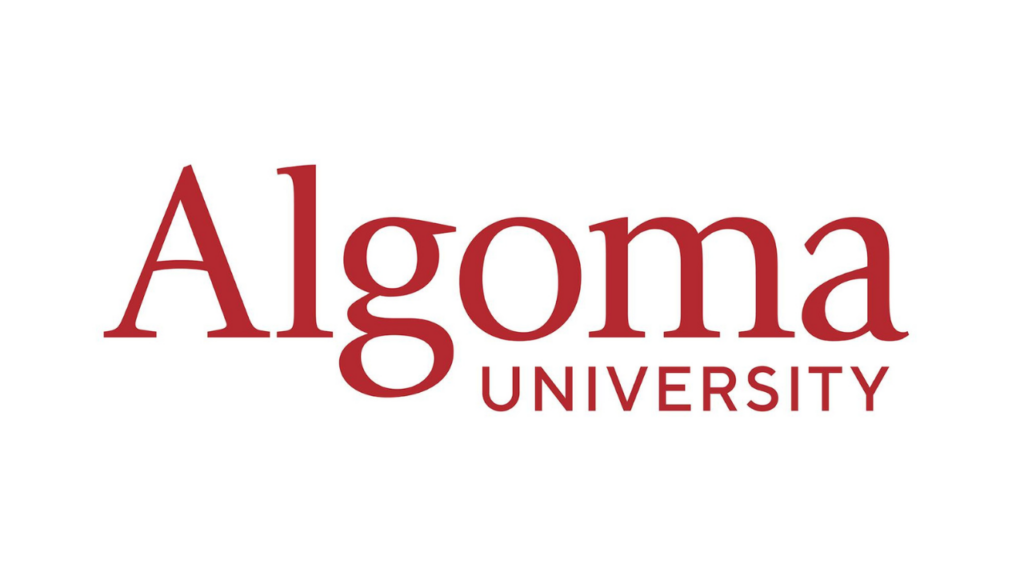

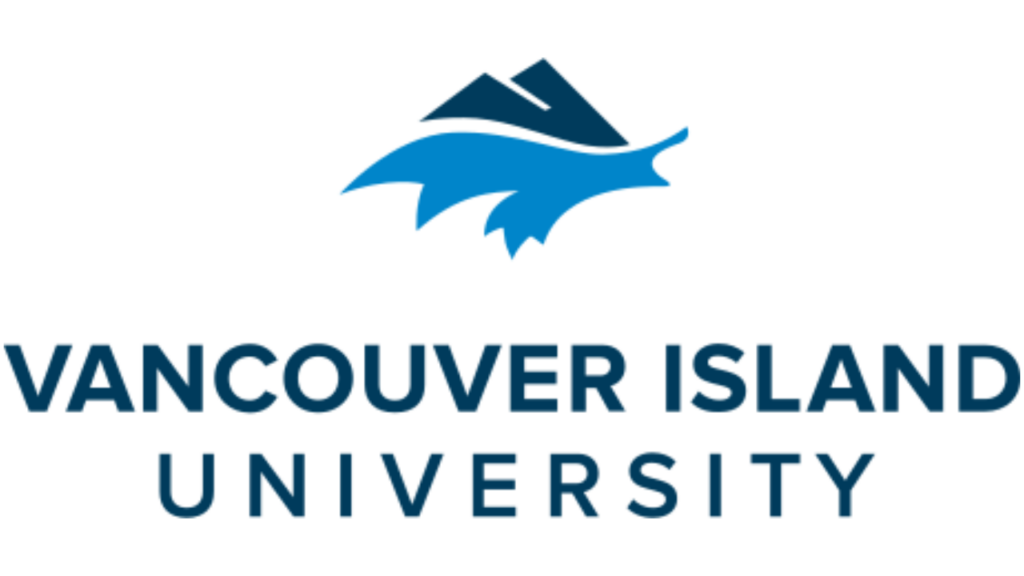

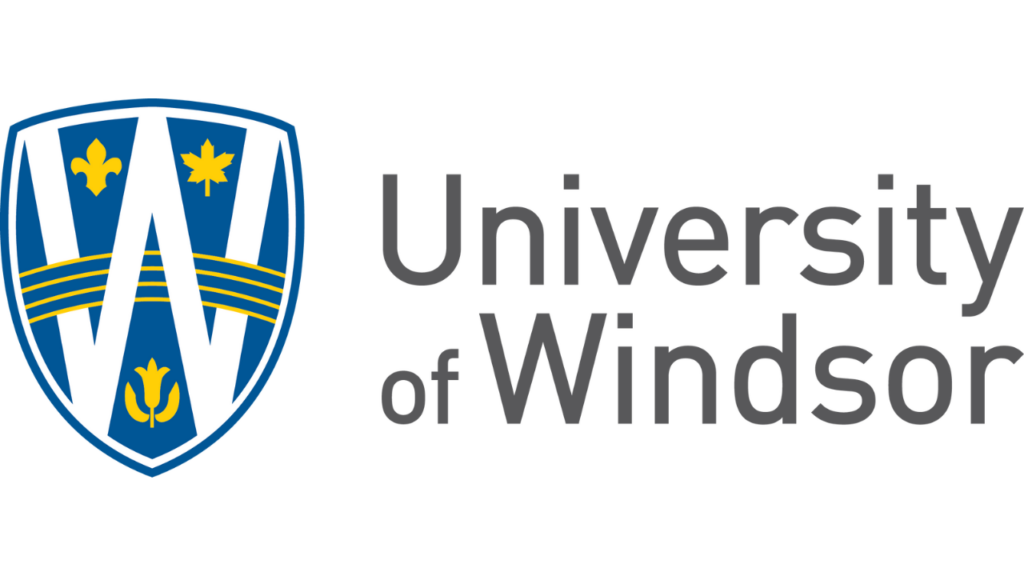


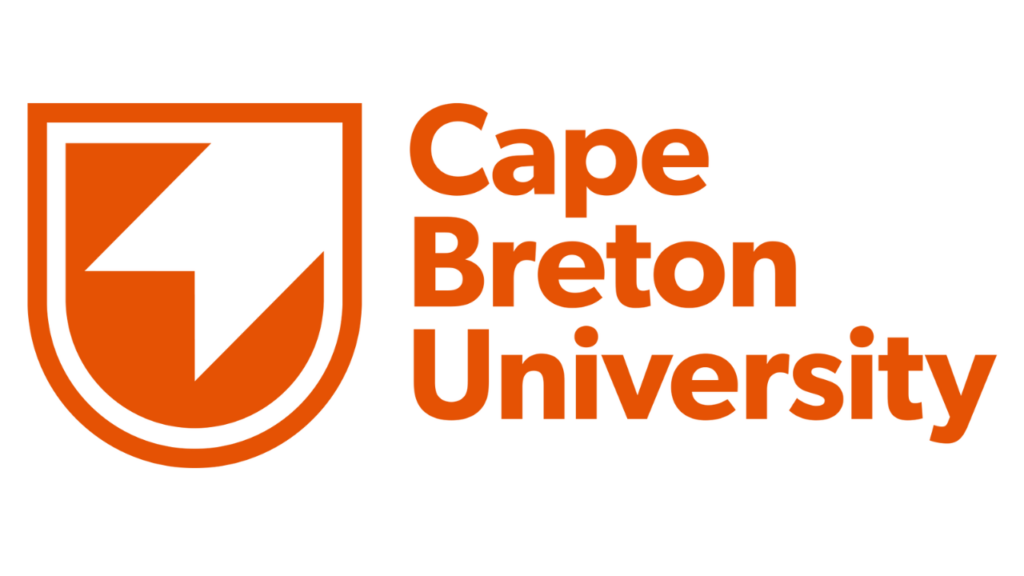

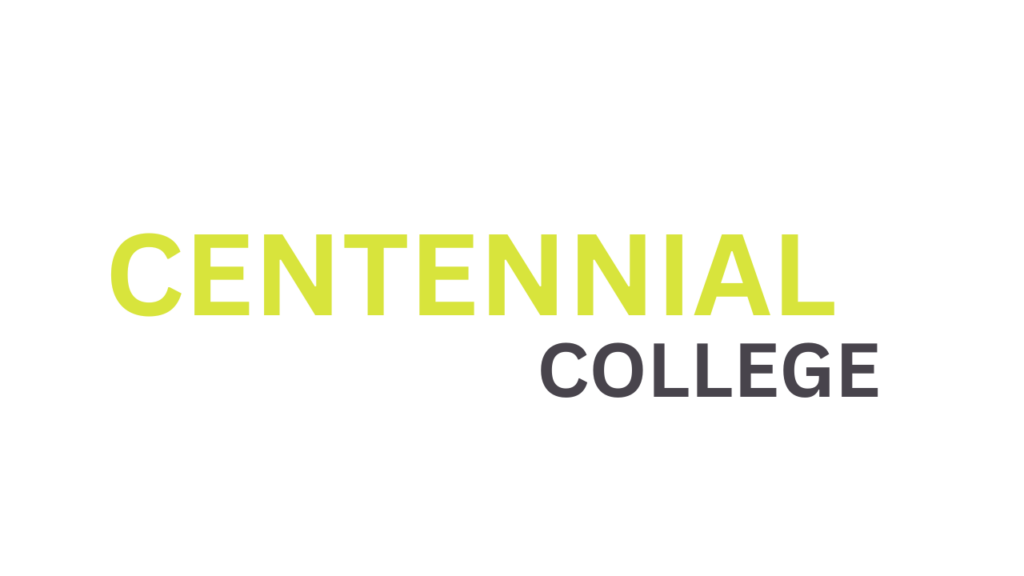



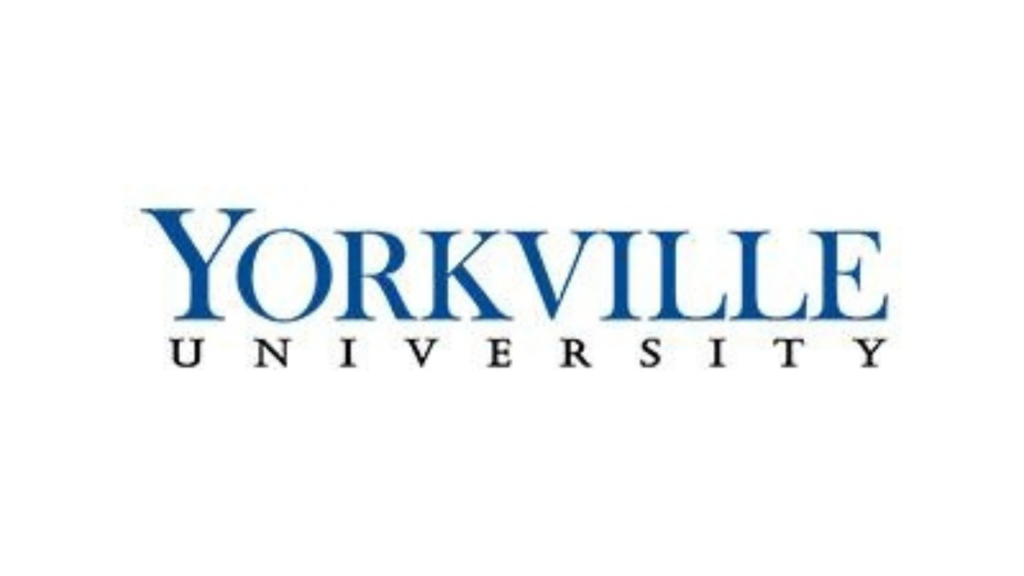

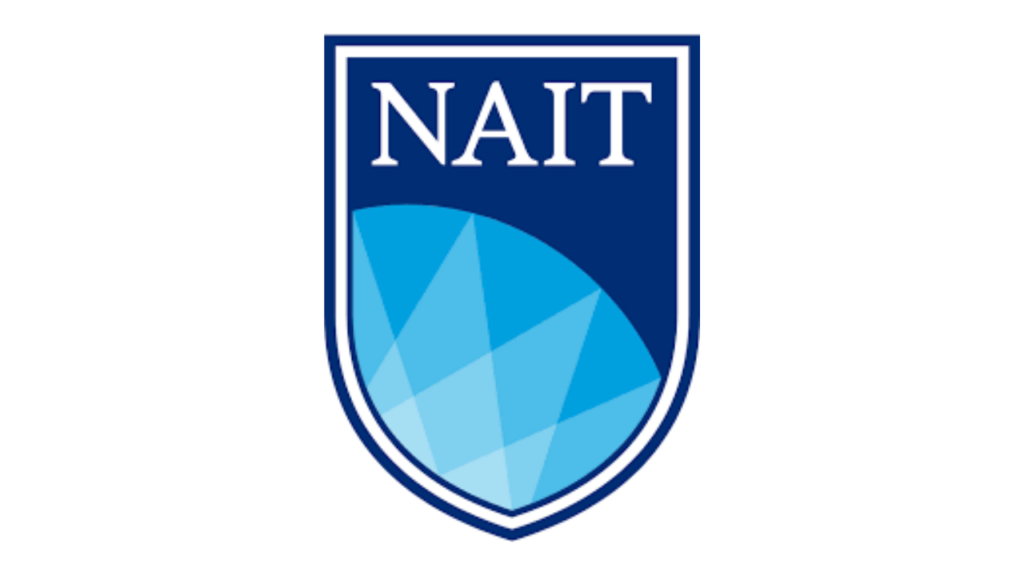

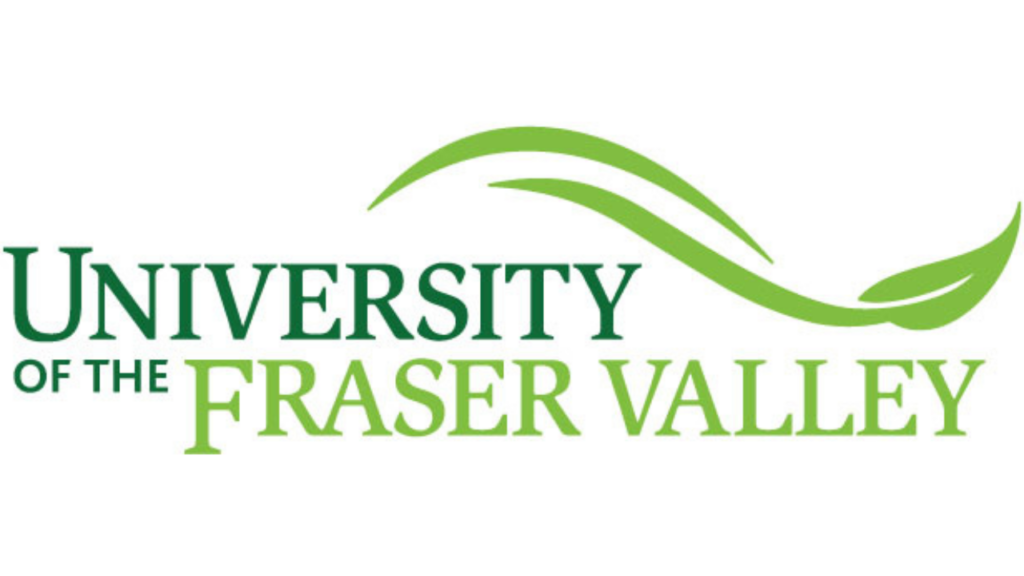

*Represented via. B2B recruitment partners, Apply Board and MSM.
